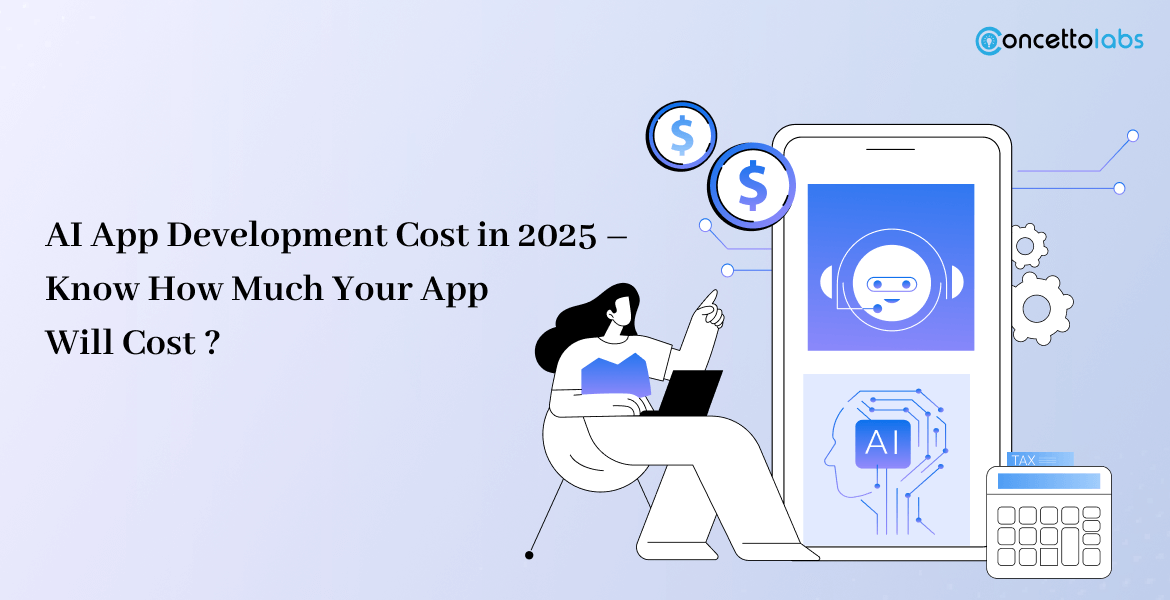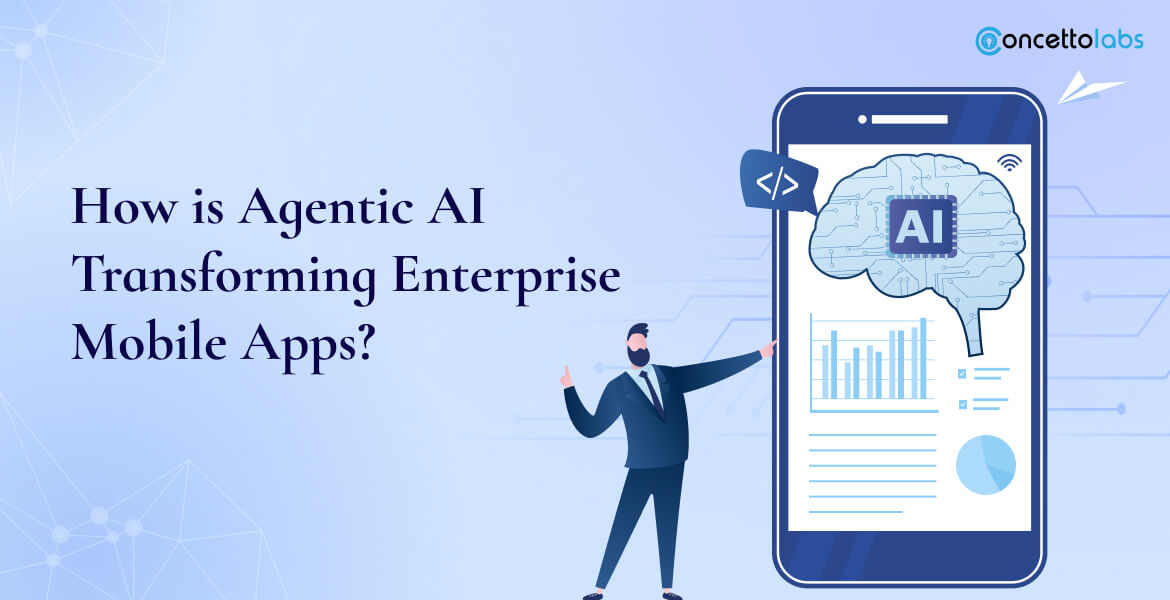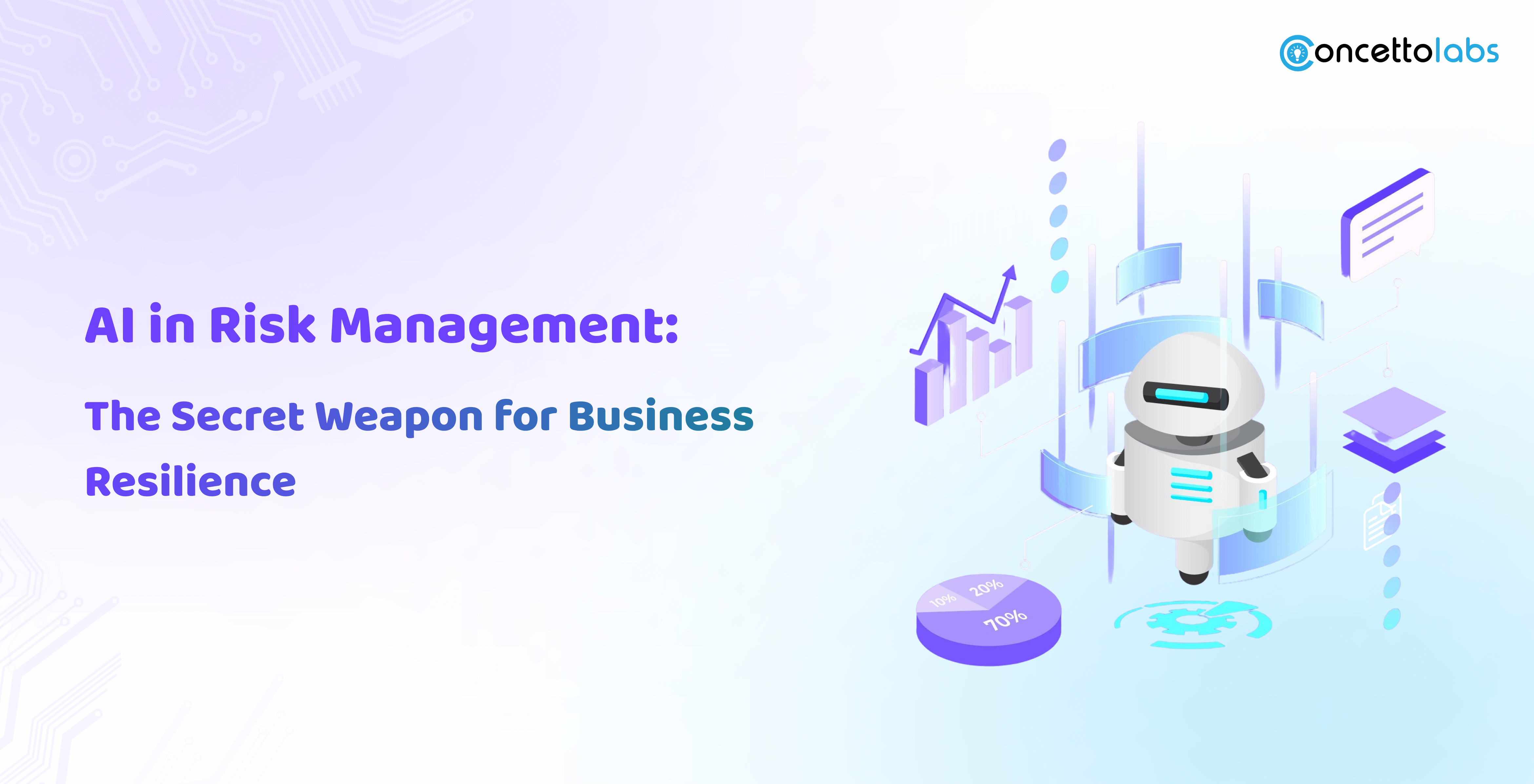
Summary: The Internet of Things also referred to as IoT has disrupted several industries, and logistics is not an exception. Through IoT, smart logistics applications are facilitating greatness such as new heights in efficiency, precise real-time tracking, high security, and great customer satisfaction. This blog will look at ways through which IoT is likely to impact logistics apps in 2026, including what it is, the benefits of using it, and the emerging challenges in its use as well as its implications for the logistics industry.
Logistics has always been the pillar of the trading fraternity and it acts as a link for making sure that goods are transported at the right time, to the right place and in the right ways. The increase in digital technologies in the world makes logistics companies implement new technologies like logistics software and the Internet of Things. By 2026, these logistics apps driven by IoT technology remain essential to an effective supply chain, rationalization of costs, and delivery efficacy.
What is IoT?

IoT also known as internet connected devices involves devices that are connected and exchange information through the internet. Actually, IoT is not only related to smart home devices but also applies to industries, including the medical field, farming, and transportation. Based on the Internet of Things definition, these are devices such as sensors, RFID, GPS tracker devices, and even smart appliances that can observe, interpret or report information as they take place.
IoT devices are used in tracking shipments, monitoring conditions of the warehouses, and avoiding traffic congestion for delivery vehicles to enhance logistic management software.
The Role of Logistics Apps in 2026

Logistics apps of course in the year 2026 have transcended the general connotation of a mere tracking device. Powered by IoT, these apps offer comprehensive logistics services such as:
1. Real-time Tracking
With the development of today’s logistics applications, it was also possible to track the location of the shipment in real-time, so the company has accurate data on each point of the supply chain.
2. Automated Inventory Management
With help of IoT sensors, information about the state of stocks is updated within logistics management software, which helps to avoid mistakes in warehouses and make logistics more efficient.
3. Predictive Analytics
Logistics applications on data from the IoT can then anticipate delivery disruptions, route, and even anticipate maintenance requirements for vehicles and tools.
4. Enhanced Integration
These apps are compatible with current logistic software which helps companies to combine supply chain and delivery solution services and customer relations data.
5. Sustainability and Compliance
Logistics apps promoted by IoT track carbon emissions besides reminding businesses of various legal requirements that may arise from environmental or safety legislation.
Why is IoT a Game-Changer for Logistics Apps?

IoT is revolutionizing the logistics industry since it seeks to solve some of the empirical problems that have persisted for some time now including; inefficiency enhanced by opacity and security threats. Here’s why IoT is a game-changer for logistics apps:
1. Real-Time Visibility
Using its IoT app solutions, the logistics software will ensure that shipments are updated in real-time which means less downtime of decisions. In Live tracking, businesses continue to be able to make adjustments in real-time say due to Traffic congestion or bad weather.
2. Improved Efficiency
Activities like managing inventory or planning routes can also be automated thereby reducing the time that it might take a company a lot of time or money to complete such processes. Things that IoT can do to LMS includes: making it possible for the logistics app management software to monitor schedules and routes as they happen.
3. Enhanced Security
Other security elements which are combined with IoT security include tamper-proof sensors, geofencing, and real-time alerting to prevent the shipment from being stolen or interfered with. Businesses are able to track their possessions at any stage of the supply chain and guarantee the thing’s delivery to the end consumer.
4. Operational Scalability
IoT enhances the capability of organizations to expand by incorporating the effectiveness of expansion with the effectiveness of operations. As a result, the more IoT devices being linked, the more the ability of companies to extend their logistic supply networks effortlessly.
5. Customer Satisfaction
Where there are key delivery processes, customers must be fully informed through transparency hence customer loyalty. Smart logistics applications based on IoT enable organizations to convey accurate delivery time and instant notifications, which greatly improve the customer experience.
6. Data-Driven Decision Making
IoT-generated data offers much-needed actionable intelligence, helping businesses manage supply chains, enhance automobiles, and cutting expenses.
Key Applications of IoT in Logistics

1. Dynamic Fleet Routing and Optimization
Logistics management App that is integrated with IoT continuously receives traffic information weather conditions and road blocks to change the route accordingly. This serves to enhance timely delivery, cut costs on fuel use, and achieve delivery objectives. Visibly, the fleet manager has an opportunity to change routes during the journey in case of possible delay.
2. Drone and Autonomous Delivery
Self-driving drones and delivery vehicles are made possible by IoT. Various sensors and real-time data analysis enable such devices to move through intricate city layouts and achieve first and last-mile delivery performance. IoT is already opening the doors for quicker and no-touch solutions in the delivery framework.
3. Enhanced Packaging and Load Monitoring
Such IoT devices as sensors fitted in packaging systems can provide needed information on vibrations, shocks and varying temperatures so that the products in transit can receive proper handling. Notifications can be created with views on if items were damaged or mishandled and appropriate actions can be taken.
4. Supply Chain Collaboration
With IoT, the various constituents in the supply chains are enabled to provide timely information on inventory status, shipment and demand rates. This in turn enhances collaboration between manufacturers, suppliers, and retailers.
Benefits of IoT-Enabled Logistics Apps

1. Seamless Integration Across Operations
IoT enables the nexus between what departments exist in an establishment such as inventory, transportation, and customer service as data is brought closer together in order to enhance coordination.
2. Enhanced Safety Measures
Smart objects observe other conditions and the exhausted state of a driver. Maintenance and compliance alarms notify an organization that their vehicles need to be serviced or checked with the aim of eradicating multiple accidents that may lead to many cases against organizations.
3. Improved ROI
Anthony M Luxury, IoT Stream Integrates Enables Logistic Management Software to Attain Increased ROI by automating various methods that are recurrent and repetitive, decreasing idle time, and making optimum use of assets.
4. Energy Efficiency
IoT makes it possible to monitor the fuel consumption level and the choice of appropriate routes in order to minimize energy consumption and greenhouse gas emissions and support green logistics.
5. Customer-Centric Logistics
Customers get alerts on the status of their shipments, improving the delivery time and hence the level of satisfaction by the customers is increased.
Challenges in Adopting IoT for Logistics Apps

1. High Initial Costs
Logistics IoT implementations including installation of IoT devices, the acquisition of IoT smart devices, and linking those devices to logistics software entails significant costs. Apparently, the bigger cost implications may prove difficult for the small logistics firms to manage.
2. Data Privacy and Cybersecurity Concerns
IoT devices in particular engage sensitive data and that makes them highly susceptible to exploitation by hackers. Such incidents can affect the companies’ financial and reputational risk due to loss of supply chain data or customer details respectively.
3. Scalability Issues
There are challenges that come with growth and development cum device heterogeneity where it becomes difficult to incorporate new IoT devices into the existing structures of a business. Coordination of all hardwares is one reasonable technical difficulty.
4. Dependence on Network Connectivity
IoT systems depend greatly on stable and reliable internet connections because the systems involve exchange of messages. In case of a slow or unsteady connection, data transfers while functioning in remote places may take longer or be interrupted.
5. Skill Gaps
Manning IoT and monitoring the data generated from such devices is not a task that can be done by any person; it needs professional expertise. Many times, the logistics industry faces a critical issue in terms of employing talents specifically with experience in IoT and data analysis.
The Future of IoT in Logistics

1. 5G-Powered Logistics Networks
The deployment of 5G will enhance the connectivity of IoT devices making communication in real-time throughout the supply chain possible and ensuring that applications with high bandwidth such as video tracking of consignments will be enhanced.
2. AI and Machine Learning Integration
Subsequent IoT systems are expected to integrate increased AI capability in order to analyze data from IoT gadgets. There will be enhanced predictive accuracy, and applications will self-organise routes, inventory replenishments, and maintenance needs.
3. Blockchain for Enhanced Transparency
IoT integrated with blockchain will generate immutable registers of performance in various supply chain processes rendering stakeholders informed and confident.
4. Autonomous Logistics Operations
IoT will shape self-driving big trucks and more so delivery drones. Some of these technologies will cut out the need for human drivers and enhance last-mile deliveries in the hustle.
5. Smart Cities Integration
Smart logistics operations will also be enhanced by aspects of the IoT in smart city, smart roads interconnectivity, intelligent traffic light systems etc.

Are you ready for an IoT revolution in the logistics vertical?
Call us now and find out how our logistics software services can help optimize your operation, helping you grow your business.
Get Started Now!Case Studies of IoT in Logistics
1. FedEx’s Smart Shipping Initiative
FedEx is able to utilize IoT sensors in tracking high-value and sensitive deliveries through the environmental conditions check of Temperature and humidity. The above has assisted the company to develop trust for pharmaceutical clients.
2. Walmart’s IoT-Powered Inventory Management
That is why giants such as Walmart, use IoT technology in their warehouses with the help of automated robots and RFID tags to track inventory. This reduces cases of human interference and also enhances the rate of restocking.
3. UPS and Predictive Analytics
UPS uses IoT and analytics in predicting how to keep its fleet intact. The systems used for tracking and measuring vehicle parameters help to repair them promptly and avoid expensive failures.
4. DPDgroup’s Delivery Innovations
With Internet of Things, DPDgroup monitors parcel deliveries in real-time and shares accurate estimated delivery time with the customers. Its delivery optimization system cuts CO2 emissions by minimising the length of delivery tours and optimum load factors.
Conclusion
IoT is being widely applied in logistics to enhance its efficiency and security of operations and improve its transparency. Logistics applications supported by IoT can allow organizations to enhance control, efficiency, and, consequently, tailor customer service. Nevertheless, the achievement of IoT in the logistics sector depends much on how IoT related problems such as IoT security and high implementation costs will be addressed. With the increase in technology, the application of IoT for enhancement of logistics services is almost endless.







 Indonesia
Indonesia
 Botswana
Botswana
 USA
USA
 Italy
Italy
 Panama
Panama




 USA
USA UK
UK Saudi Arabia
Saudi Arabia Norway
Norway India
India Australia
Australia